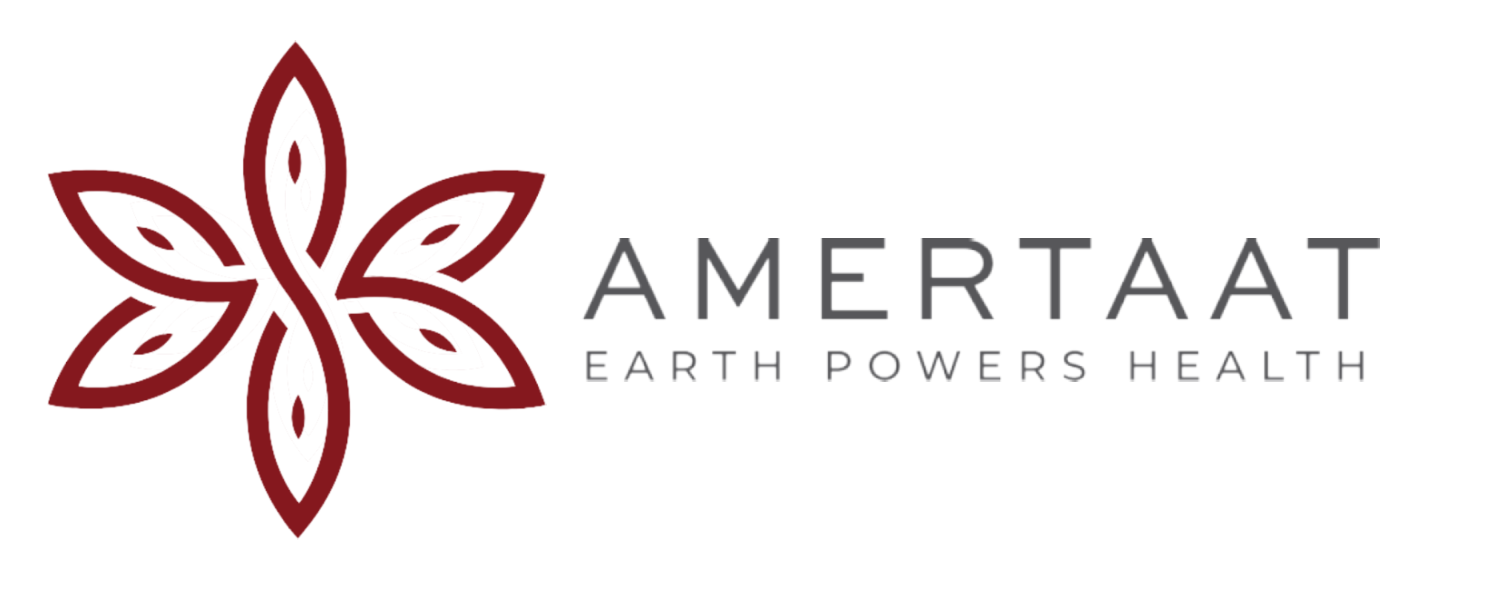Obbiettivo
Questo studio ha esaminato la sicurezza e l'efficacia del Crocus sativus (zafferano) rispetto al metilfenidato nel trattamento di bambini affetti da disturbo da deficit di attenzione/iperattività (ADHD).
Metodi
Lo studio è stato condotto nell'arco di 6 settimane con 54 bambini di età compresa tra 6 e 17 anni che soddisfacevano i criteri ADHD secondo il DSM-5. I partecipanti sono stati randomizzati a ricevere capsule di zafferano o metilfenidato, dosati in base al loro peso. Gli effetti dei trattamenti sono stati misurati utilizzando la scala di valutazione ADHD IV compilata da insegnanti e genitori all'inizio, settimana 3 e settimana 6.
Risultati
Su 54 partecipanti, 50 hanno completato lo studio. L’analisi statistica non ha rivelato differenze significative nel miglioramento dei sintomi dell’ADHD tra i gruppi dello zafferano e del metilfenidato secondo le valutazioni sia dei genitori che degli insegnanti. Gli effetti collaterali erano ugualmente lievi e tollerabili in entrambi i gruppi.
Conclusione
Lo zafferano ha mostrato un’efficacia paragonabile al metilfenidato nel trattamento a breve termine dell’ADHD tra i bambini, con tassi simili di effetti collaterali. Tuttavia, lo studio raccomanda studi più ampi e controllati con durate più lunghe per valutare appieno il potenziale terapeutico e la sicurezza dello zafferano nel tempo.
Significato clinico
Considerata la sua simile efficacia e il suo profilo di sicurezza, lo zafferano potrebbe essere considerato un trattamento alternativo per l'ADHD, specialmente per i pazienti che cercano opzioni non stimolanti o che hanno reazioni avverse ai farmaci tradizionali per l'ADHD. Tuttavia, sono necessarie ricerche più approfondite per convalidare questi risultati prima di un'applicazione clinica diffusa.
Autori:
Dott.ssa Sara Baziar, Dott.ssa Ali Aqamolaei, Dott.ssa Ebrahim Khadem, Dott.ssa Seyyed Hosein Mortazavi, Dott.ssa Sina Naderi, Dott.ssa Erfan Sahebolzamani, Dott.ssa Amirhosein Mortezaei, Dott.ssa Shakiba Jalilevand, Dott.ssa Mohammad-Reza Mohammadi, Dott.ssa Mahsa Shahmirzadi , PharmD e Shahin Akhondzadeh, PhD
Pubblicato:
3 aprile 2019 / Giornale di Psicofarmacologia dell'Infanzia e dell'Adolescenza






